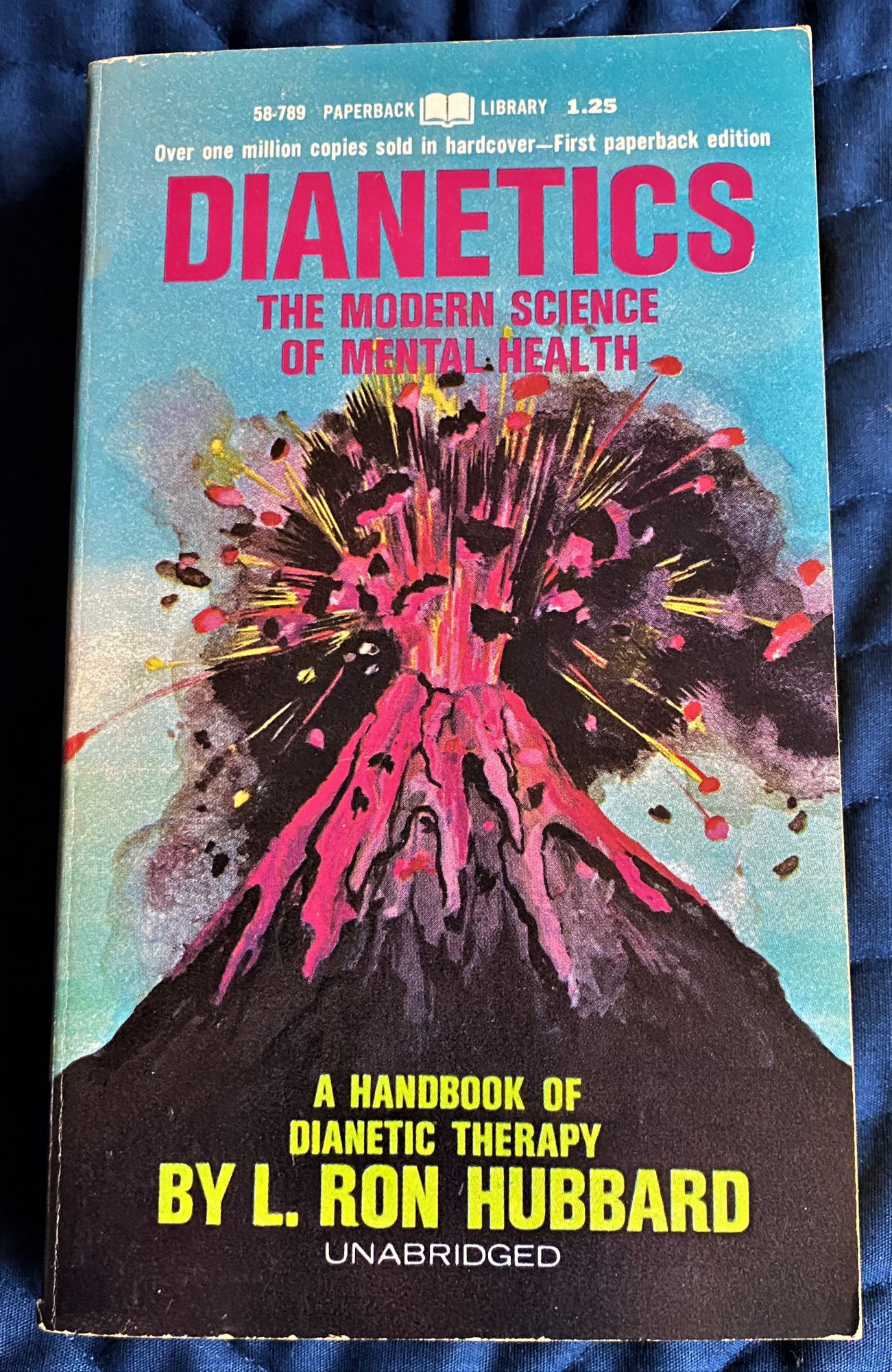What Does Dianetics Mean?
What Does Dianetics Mean?
Blog Article
The Buzz on Dianetics
I could not ever not desire to receive anything that comes to mind for you- if it was otherwise, I wouldn't be sitting right here with you, doing this. I not only might never ever have a trouble, or otherwise want to listen to something that enters your mind for you, but I'm completely excited to recognize every idea, every thought, every picture or feeling that arises or manifests for you- don't ever think or else, and if for one reason or another you do, please just allow me know! In some cases, you may have an idea, and image, concept or case turn up that does not appear to address the inquiry, or associate with it, yet nonetheless, always do inform me regarding it, and as we proceed, the significance will certainly emerge for you.
This is inherent in the basis of handling, and the topic of this conversation: the basic duties of the counselor and the client: The fundamental role of the counselor is, as opposed to "conventional training", not to manage, which implies to impose and/or prevent, however to rather function from the basis of EMPOWERING THE CUSTOMER.

Examine This Report on Dianetics
John Mcmasters revealed this basic reality wonderfully well in among his talks on Power processing, wherein he explains just how he was asked what this "special propensity" was that he had for offering such excellent sessions; he needed to think regarding that for a minute, and found that it was what he wasn't doing, as well as what he was doing: he had not been assessing, evaluating, computer, or as a matter of fact, generating any ideas, not to mention verbal expressions, after providing the command and while waiting on the computer to complete their solution to their complete satisfaction; he was, just and just, existing with the computer, and totally interested.
The role of the therapist, showed; that was his "unique knack". I have had my own experience which instructed me this well, extremely at an early stage in the video game. In 1982, having just recently completed my training and internship on New Period Dianetics, I was running this on a PC, and there was a factor in the session where (being a little bit damp behind the ears not yet having lots of hours under my belt as a specialist auditor) the PC appeared to be "taking click here for more too long" to reveal anything vocally after I offered him a command.
This key became the most useful contribution that John ever before made to the topic of treatment or auditing (Dianetics). In my humble opinion, it is the best contribution that any individual has ever before made to these subjectsthe application is completely non-judgemental, non-evaluative, and without any kind of pointer, guidance or opinion.no preconceived schedule for people, or 'levels' that they must do
In Idenics, the only resource of information regarding a customer is the individual customer. In Scientology we prided ourselves on not reviewing for people. But all that truly indicated was that the auditor did not vocally examine for the computer in session. The registrars and values police officers reviewed for the computer.
The Dianetics Statements

Anybody who had ever before seen John audit can not aid however discover a distinct quality in his bookkeeping."The customer's standard role is to be there with the function of relocating the instructions of their spiritual goals, and to freely and completely share and experience whatever materializes for them in answering the inquiries and carrying out the guidelines in the processing.
This is something to process as needed. Also, individuals regularly have prior experience and/or brainwashing in auditing/processing which, in some methods, and to some levels, actually deceives them right into mindsets, ideas and behavior patterns that stop the complete awareness of these functions, and so they will tend to inhibit the you can check here expressing of what comes to mind, as in the examples offered above - Dianetics. * The initial, and perhaps primary instances of mis-indoctrination causing less than totally smooth and efficient sessions, can be located in certain elements of the training routines, or "TR's":"TR's" are typically a person's first, or at least early, experience in Scientology, and while I will certainly go on to describe what I see as the imperfections in principle and practice, nonetheless, have a tendency to be substantially therapeutic, done as they are given (Hubbard firmly insists that "TR's are not refining, they are educating", yet factually, they are both processing AND training)
Alan Walter made comparable monitorings, and improved these with his "Existence Processes". There is no "failing", and no denial of the fact of this being processing. The emphasis, as it should be, gets on experiencing the other individual's presence. All the symptoms which obtain a "fail" in doing "TR-0" are merely the being's efforts to resist the other person's visibility, and as opposed his explanation to being bugged and pestered with "Flunk", which enforces "failing!" on the being, one merely needs to be motivated to "stick their feet in the water a little much deeper", to progressively restore their capability and readiness to fully share and experience "being here", or "presence", with others.
Unknown Facts About Dianetics

Report this page